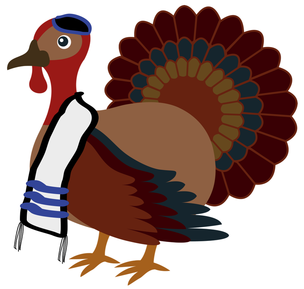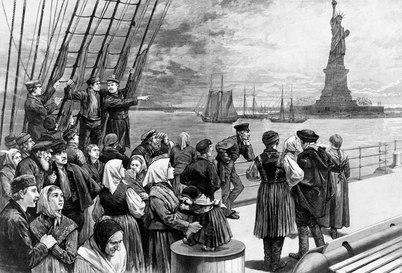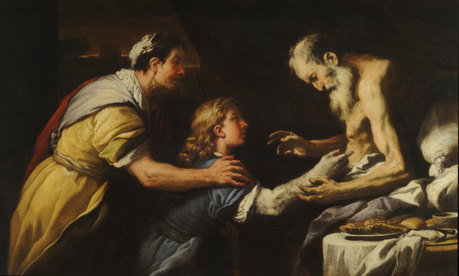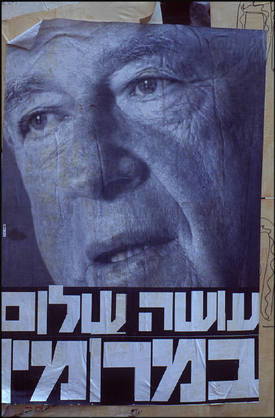
Yesterday, appropriately for this week's Thanksgiving holiday, we talked about the experience of gratitude and what it means to say "Thank you" to God. We considered that thanking God is similar to thanking a person who has done a favor for you, and also how it is different.
One student pointed out that we sometimes say "Thank you" to a person who has done something for us that we cannot immediately reciprocate. If, for example, a person helps you get up when you have fallen, saying "Thank you" is a better response than waiting for that person to fall so you can help him or her get up! Since God is always doing things for us that we cannot do for God (creating the world, giving us life, making a beautiful sunset, etc.), our best and only way of reciprocating is to say, "Thank you, God."
On the other hand, we also noticed that God does not benefit from our "Thank yous" the way that a person benefits from being appreciated. God does not "need" our thanks the way that a person might. Thanking God may be more of a way to help ourselves than it is to help God.
By saying "Thank you" to God, we cultivate our own gratitude. We deepen our appreciation for the miracles that surround us every day – the miracles of being alive, of friends and family, of loving and being loved. That is an important quality for us to develop. We live in the wealthiest, freest, most privileged, most technologically advanced society in human history. It is easy for us to forget how fortunate we are. Thanking God is a way of reminding ourselves that we do not have all the wonders that surround us because we deserve them. Praying helps us to remember to be humble, grateful, appreciative and aware.
As you gather together with friends and family for Thanksgiving, let me suggest that you take a moment of prayer to remember the deep lessons of gratitude. Take some time to say "Thank you" for a world that is a blessing far beyond our ability ever to pay back.
Happy Thanksgiving.




 RSS Feed
RSS Feed
